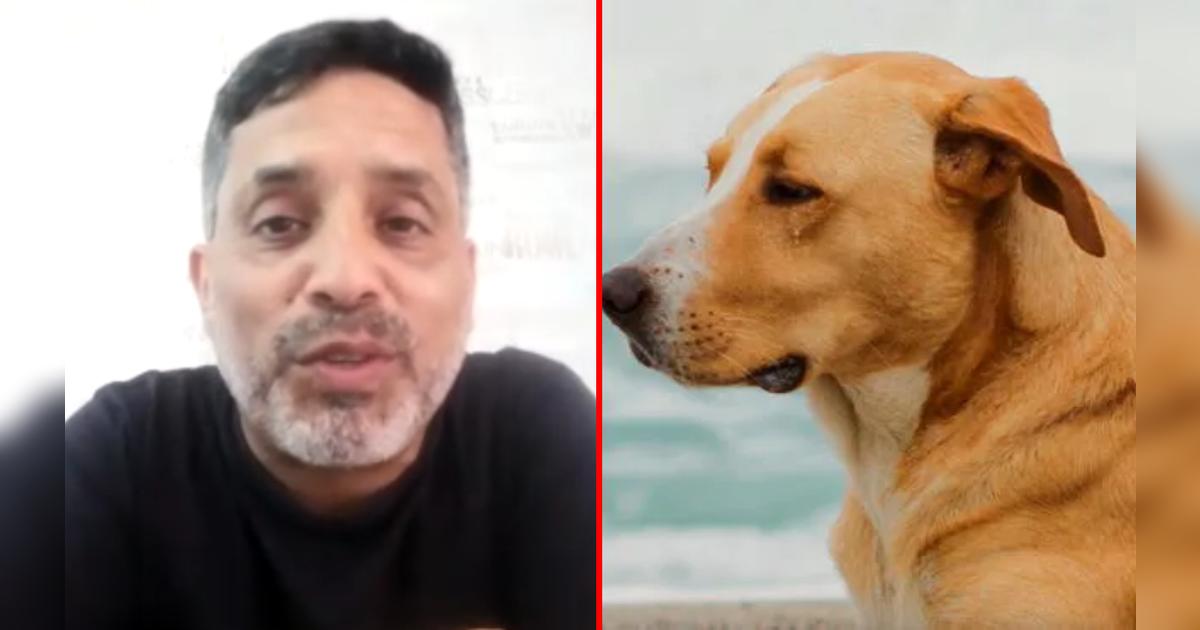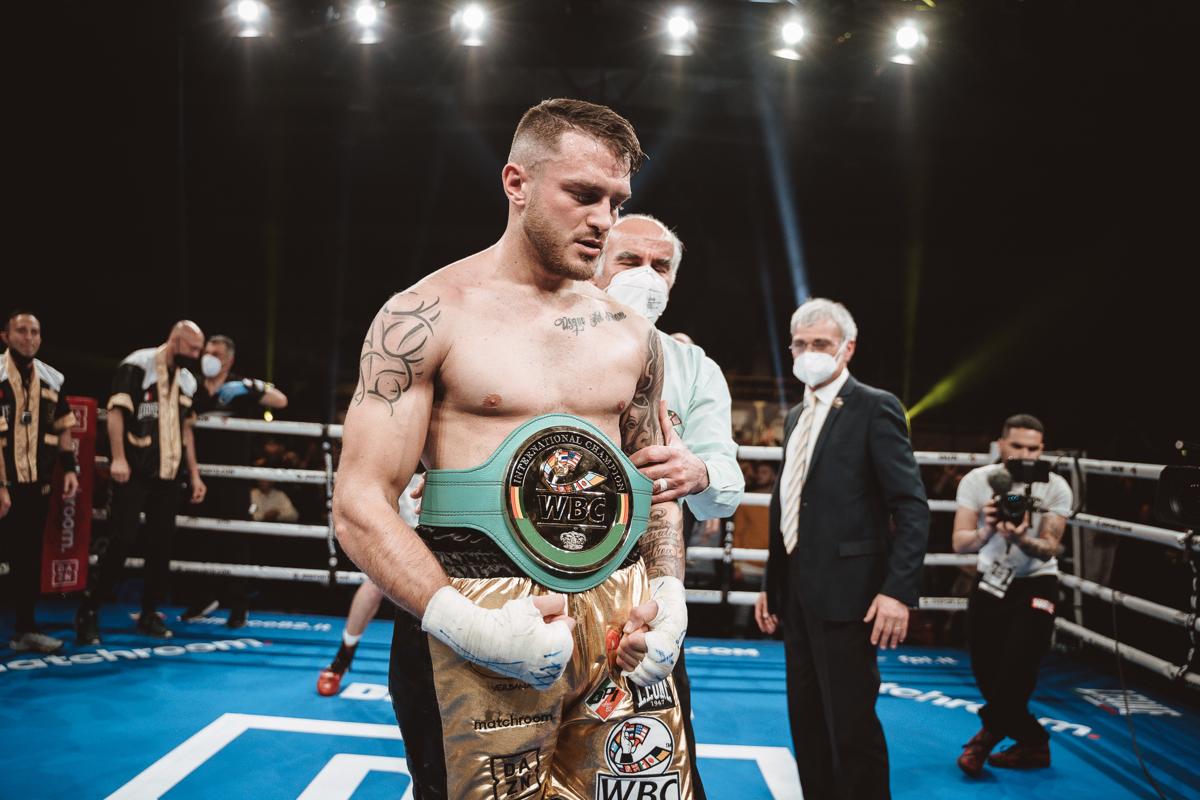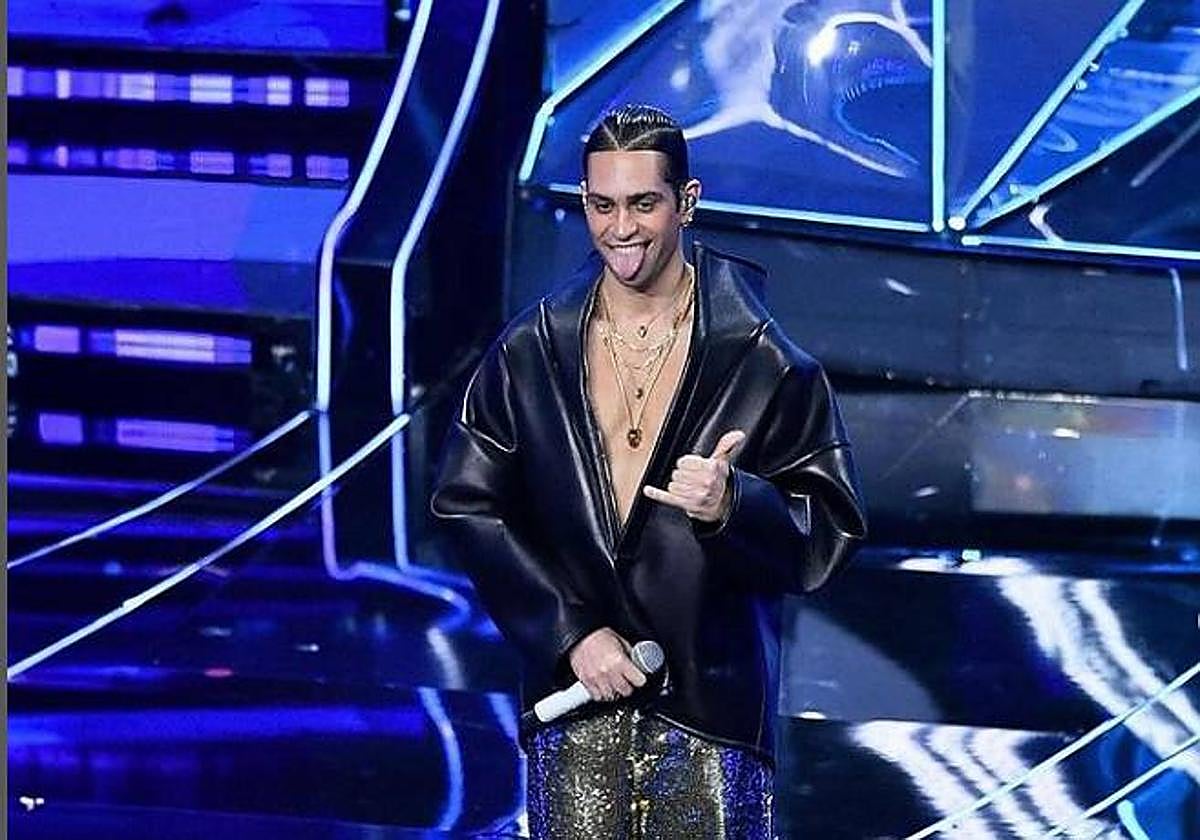Ansel Elgort, in a still from ‘Tokyo Vice’.
First season
The pilot chapter of this recommendable police drama is signed by Michael Mann, a guy who knows what he’s doing when it comes to film noir. The director of ‘Miami Vice’ visits Japan with his well-trained camera, having turned 80
Released without the fanfare it deserves, ‘Tokyo Vice’ could become one of the series of the season thanks to an excellent introductory chapter directed by the unpredictable Michael Mann, an irregular but always suggestive filmmaker, capable of giving his best when he has some decent material on his hands (it doesn’t always happen). The person in charge of the great ‘Heat’ -honored, that is, by Christopher Nolan in ‘The Dark Knight’-, or the recommendable ‘Collateral’ -one of the best films with Tom Cruise leading the cast-, among other titles of cinephile interest, lately he has been immersed in the anonymity of television production. He returned to the ring of film directing in 2015, trying to update himself with a confusing cyberthriller, ‘Blackhat: Amenaza en la red’, the result of which is better to forget, but the pilot episode that signs as the opening of the production that concerns us, already available in HBO Max reminds us of his incontestable wisdom behind the camera. With a vigorous classic narrative, it takes us into the story of a gaijin, a young Westerner who tries to adapt to life in Japan, fleeing the family problems he leaves in the US. The story takes place in the late 90s in Tokyo, where the audacious protagonist enters to work in a Japanese newspaper of notable importance. In his desire to do his best and find himself, he goes where he is not called in search of the truth (and the news). He enters fully into a spiral of information that leads him into the dark and disturbing world of the Yakuza. Snooping around in the affairs of the Japanese mafia is not the best way to go unnoticed.
A frame from the series.
‘Tokyo Vice’, inspired by the book by journalist Jake Adelstein, describes the courage of a confused character in a setting that does not make things easy for him. He wants to integrate and stand out, but he is still a stranger in a reality that he is getting to know little by little. This feeling is well reflected in the story thanks to the work of Mann -who also takes great care in executive production-, whose witness Josef Kubota Wladyka picks up in the following chapters, seen in the directing credits of series such as ‘Narcos’ or ‘Animal Kingdom’. Tokyo is shown, once again, as an excellent setting, smoky, with neon lights – it’s the 90s. The description of the criminal environment is elegant. It moves through the underworld without outbursts, with a leisurely pace that becomes excellent for what you want to tell. As the footage progresses, the action diversifies into several characters, apart from the leading hack, including roles belonging to organized crime. Around the reporter move policemen, colleagues, mobsters and company ladies. The ideal fauna to generate a curious network whose secrets are revealed with a type of narration that fits like a glove. Despite the fact that it may seem that it embraces the postulates of ‘The Last Samurai’, with a western subject coming to Japan to adapt to the country, assuming its postulates as the best, and putting things in their place, the course of events goes for other directions.
True story
Created by playwright JT Rogers, a writer on ‘Oslo’, the series begins with a forceful premise: “There are no murders in Japan.” It is the explicit phrase that the newspaper section chief throws at the protagonist, openly annoyed, when he works on his first report, deviating from what really matters. Until the contrary is clearly proven, which is difficult without witnesses, the Japanese mafia does not kill in the streets, although an inert body, in a pool of blood, with a knife stuck in the heart, says the opposite in the first reporter’s visit to a crime scene. It will be the starting point of his walk through the darker side of Japanese society. Rookie in his profession and a foreigner in a country very different from the US, the protagonist, played by Ansel Elgort (‘West Side Story’), is finding his place, clearing doubts. He is accompanied by a charismatic veteran detective, played by the immense Ken Watanabe (‘Memoirs of a Geisha’); an enigmatic company girl who aspires to have her own business at night, in the shoes of Rachel Keller (‘Legion’); and a yakuza project full of contradictions whose face is put by Shô Kasamatsu (‘The Naked Director’).
Michael Mann, during the filming of the series.
‘Tokyo Vice’ part of the real journalistic work of Jake Adelstein. At just 24 years old, he went to work in the events department of one of the largest newspapers in Japan. He was far from mastering the codes of the Land of the Rising Sun, very different from his native Missouri, but he ventured to work as the first foreigner in the history of Japanese journalism. For twelve years he covered cases related to extortion, murder, human trafficking, corruption… He collaborated with the police and acted as an interlocutor with the Yakuza itself, until an investigation put him on the ropes, he feared for his life and returned home. Mann, who has turned 80 years old, marks the visual style and tempo of the series with his beginning. The thriller gains weight as the plot’s interest is distributed among the different secondary characters, much more interesting than the protagonist, whose point of view as a Western savior ends up being diluted.
‘Tokyo Vice’ is available on HBO Max.
Video.
The trailer for ‘Tokyo Vice’.
#Tokyo #Vice #corruption #Tokyo












